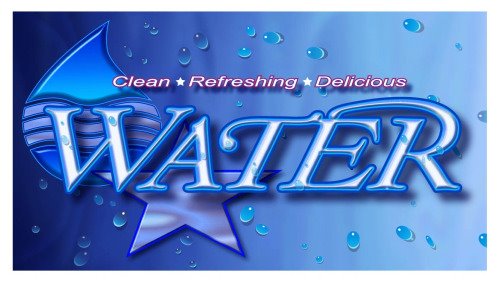Refill, Not Landfill
Monday, December 19, 2011
Study: US Needs Billions for Water, Sewers
Study: US Needs Billions for Water, Sewers
Thursday, February 3, 2011
Thursday, October 7, 2010
FTC changes guides on term 'eco-friendly'
Aiming to clear up confusion for consumers about what various terms mean, the Federal Trade Commission has revised guidelines for businesses that make claims about so-called "eco-friendly" products.
The proposed new version of the agency's Green Guides was released Wednesday, with recommendations for when to use words like "degradable" and "carbon offset," in advertisements and packaging, and warnings about using certifications and seals of approval that send misleading messages.
Regardless of changes to definition, Aqua Star International products remain "eco-friendly" under any definition of the term.
Friday, June 25, 2010
1 in 5 deaths in Bangladesh linked to arsenic in drinking water
|
Monday, May 24, 2010
In The CDC We Trust?
|
Tuesday, April 27, 2010
Interesting National Geographic Illustration
Tuesday, March 9, 2010
Cities Sue Manufacturer of Weed-Killer Found in Tap Water
Perhaps this organized citizen action will have an impact on their corporate nonchalance.
|




